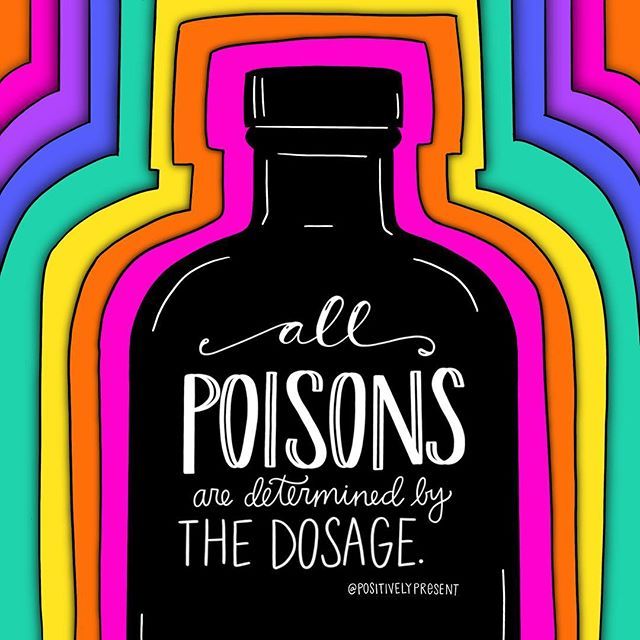Reba Riley, TransforMotion Life Coaching: I am helping my coaching client Dani tackle her compulsive phone use, and we are sharing the journey week-by-week in a series of articles dedicated to positive change. This post is Dani’s research on psychological strategies to help her put down her phone and pick up her life.
Dani DiPirro, PositivelyPresent.com: In the past, my progress has been kind of hit-or-miss when it comes to conquering phone addiction. The reason most of those don’t work is probably because phone addiction, like all addictions, isn’t just about pleasure-seeking. It’s about avoiding pain. Until I deal with the psychological issues that are causing me to reach for my phone incessantly, I probably won’t be able to have a positive relationship with my phone. Here are some of the psychological tips I’ve read about for combatting phone addiction:
- Replace the habit. As I read in this very helpful article, 5 Science-Backed Ways to Break Phone Addiction, habits aren’t broken; they’re replaced. If you want to break a bad habit, you have to have something else to take its place. For example, if you always reach for your phone in bed, put a book there instead and reach for that (and put your phone on the other side of the room). I’ve tried this a few times, and whenever I do it, it works, but the trick is actually getting myself to do it, which can be really challenging.
- Focus on “won’t” instead of “can’t.” This is another tip I read in the article mentioned above and it seems like a good one, particularly if you’re a rebellious type like myself who tends to balk at the word “can’t” and immediately wants to do whatever I’m told I can’t do. Tell yourself, I won’t look at my phone for the next hour, instead of, I can’t look at my phone for the next hour.
- Listen to meditation. As much as I’d like to be, I’m not a meditator, but while strolling through Twitter last week, I came across this eating addiction meditation by Tara Brach. As I mentioned above, I really believe phone addiction is very similar to eating addiction, in that most of us can’t completely cut out all phone use, so I thought this meditation might be helpful. Boy, was I right! I never thought I’d be able to listen to it for an hour, but I spend the entire time phone-free and learned so much. If you’re struggling, I recommend checking it out!
- Consider why you’re grabbing the phone. Checking your phone constantly is a symptom of a deeper psychological issue. There is something you’re not addressing in your life and you’re using your phone as an escape. If you don’t deal with the underlying reason for your addiction, you’ll find it manifesting in something else. (For example, while I’ve been sober for nearly eight years, I’m pretty sure this phone addiction situation is a sign that I haven’t really dealt with whatever caused me to become addicted in the first place. I’ve just switched addictions, which I’m guessing is probably common. Since phone use seems way better than substance use, it’s easy to rationalize it, but the effects of phone addiction can be devastating and shouldn’t be taken lightly.)
- Think about what you could do instead. One thing that’s helped me a bit is thinking about the things I’m not doing while I’m using my phone. I’m not reading as many books. I’m not spending as much time with my friends and family. I’m not going outside often enough (though I do try to leave my phone inside whenever I go for walks!). I’m suffering arm pain so severe that I can’t do many of the things I love (like drawing!). Considering what I’m missing out on sometimes snaps me out of my phone reverie (though it’s certainly not a guarantee because my mind can rationalize that things on my phone — looking a inspiring art, reading thought-provoking articles, connecting with people around the world — have a lot of value, which keeps me scrolling.)
- Remind yourself that this is serious. Problematic phone overuse might seem trivial in comparison to alcohol or drug addiction, but it can cause significant harm to those addicted and those who care about them. No, you won’t overdose on your phone and die (at least I don’t think you will…), but that doesn’t mean the addiction can’t cause major issues in your mind, in your relationships, and in your work. Most of the time when I mention phone addiction to people, they kinda laugh because it sounds silly, but if your phone use is negatively impacting your life, it’s not a joke. And, like all addictions, the sooner you begin working on it, the sooner you’ll be making positive progress.
- Seek professional help. Phone addiction is a real thing, silly as it might sound to some. And, just like other addictions, more often than not, to actually kick the habit, people need professional. It’s not just a willpower thing. It’s not just “put your phone down.” It’s a complex and complicated situation that may require the help of someone who knows what they’re doing. As much research as I’ve done on this, I’m certainly no expert on this, and if you find that these words resonate with you, I highly recommend seeking out the help of a professional. I know it’s expensive and time-consuming, but, let’s face it: so is an addiction.

Reba Riley, TransforMotion Life Coaching: “If you think getting healthy is expensive, try getting sick” is an anonymous quote I love because of its truth. As much time/energy/money as it might take to tackle a mental or emotional health issue, it ultimately costs infinitely more to avoid it. Don’t allow your phone to poison you! Work to put it down and pick up your life.


